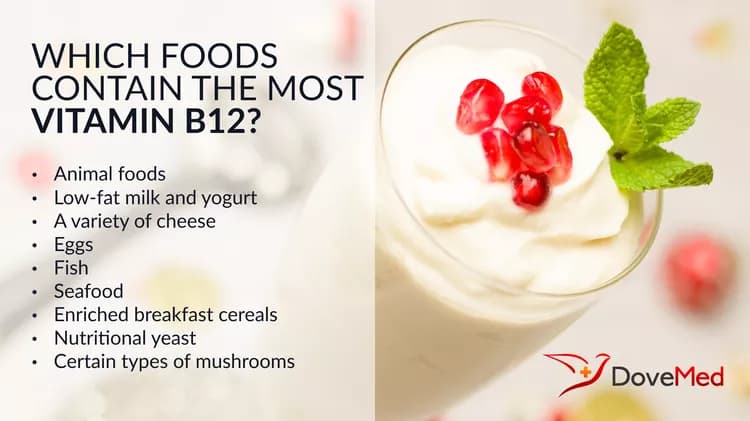Vitamin A forms a very important fat-soluble nutrient group that is responsible for several functions of the human body. Vitamin A is important for eye health and vision, immune and inflammatory system function, female reproductive system, and cell growth/repair and cell communication. It is also essential to the formation of many vital organs of the body such as the kidneys, lungs, and heart.
Vitamin A is available in two forms, namely preformed vitamin A (retinoid) and provitamin A carotenoids; the former is mainly obtained from animal foods and the latter from plant foods. Both these forms are important for the body, since they provide some distinctive health benefits. Normally, the body has the capacity to convert carotenoids to retinoids; thus, it is not always required to consume animal foods to obtain both forms of vitamin A.
This nutrient offers a variety of health benefits including reduced risk for certain cancer types, maintaining strong bones, and lowering one’s susceptibility to eye diseases such as cataracts and night blindness. Thus, low levels of vitamin A in the body, either due to poor dietary intake of vitamin A foods or due to the body being unable to process the vitamin, can result in several deficiency disorders.
The groups of individuals at risk for such disorders include pregnant women, lactating mothers, newborn babies, infants, and children. Chronic diarrhea and cystic fibrosis are other conditions that lead to poor body levels of vitamin A. Both adults and children have a high risk for dry skin, viral infections (measles), and blindness due to vitamin A deficiency. The condition is a primary cause for early mortality in children in some of the underdeveloped and developing countries of the world.
If abnormally excess amounts of vitamin A builds-up in the liver, due to sudden overdose of the substance, or through accumulation of small doses over prolonged periods of time, it leads to a toxic condition called hypervitaminosis A. Most common cause of hypervitaminosis A is through excess supplementation or accidental overdose of vitamin A. This condition can result in blurred vision, softened skull bones in children, dizziness, vomiting, liver damage, and hair and skin problems.
There is a wide range of foods that are sufficient natural sources of vitamin A. Following is a list of foods that are high in vitamin A:
- Sweet potatoes
- Carrots
- Pumpkin, cantaloupe
- Red chili peppers
- Green leafy vegetables including spinach, broccoli, kale, collard greens, turnip greens, Bok Choy, romaine lettuce, and asparagus
- Tomato juice
- Summer squash
- Basil, celery, and parsley
- Fish that includes herring, salmon, tuna, etc.
- Animal foods such as beef (liver) and chicken
- Fruits such as mangoes, apricots, papaya, watermelon, etc.
- Ice cream, fat-free milk, yogurt, etc.
- Cheddar and Swiss cheese
- Eggs
- Fortified breakfast cereals
- Pistachio
The Food and Nutrition Board at the Institute of Medicine outlined the daily recommendations for vitamin A intake. The recommendations include:
- Over 19 years old (for both males and females) - 3,000 mcg RAE (retinol activity equivalents)
- Between 14 to 18 years - 2,800 mcg RAE
- Children between 9 to 13 years - 1,700 mcg RAE
- Young children between 4 to 8 years - 900 mcg RAE
- Small children between 1 to 3 years - 600 mcg RAE
- Infants 1 year and younger - 600 mcg RAE
- Pregnant women and lactating mothers - 3,000 mcg RAE (2,800 mcg RAE, if below 19 years of age)
It is evident from the list of various natural food sources of vitamin A that incorporating them into one’s daily diet is simple and beneficial. It is always recommended to take the advice of a suitable healthcare professional before bringing about any alteration to your regular food habits, such as incorporating more foods high in vitamin A and/or prior to taking any multivitamin supplements.
Related Articles
Test Your Knowledge
Asked by users
Related Centers
Related Specialties
Related Physicians
Related Procedures
Related Resources
Join DoveHubs
and connect with fellow professionals


0 Comments
Please log in to post a comment.